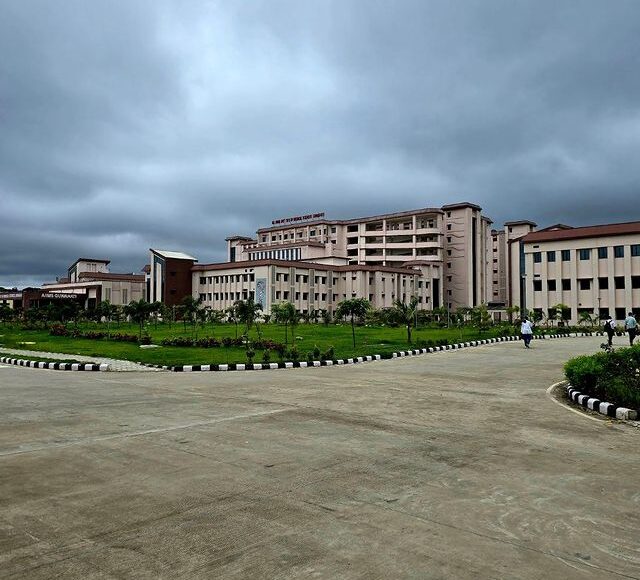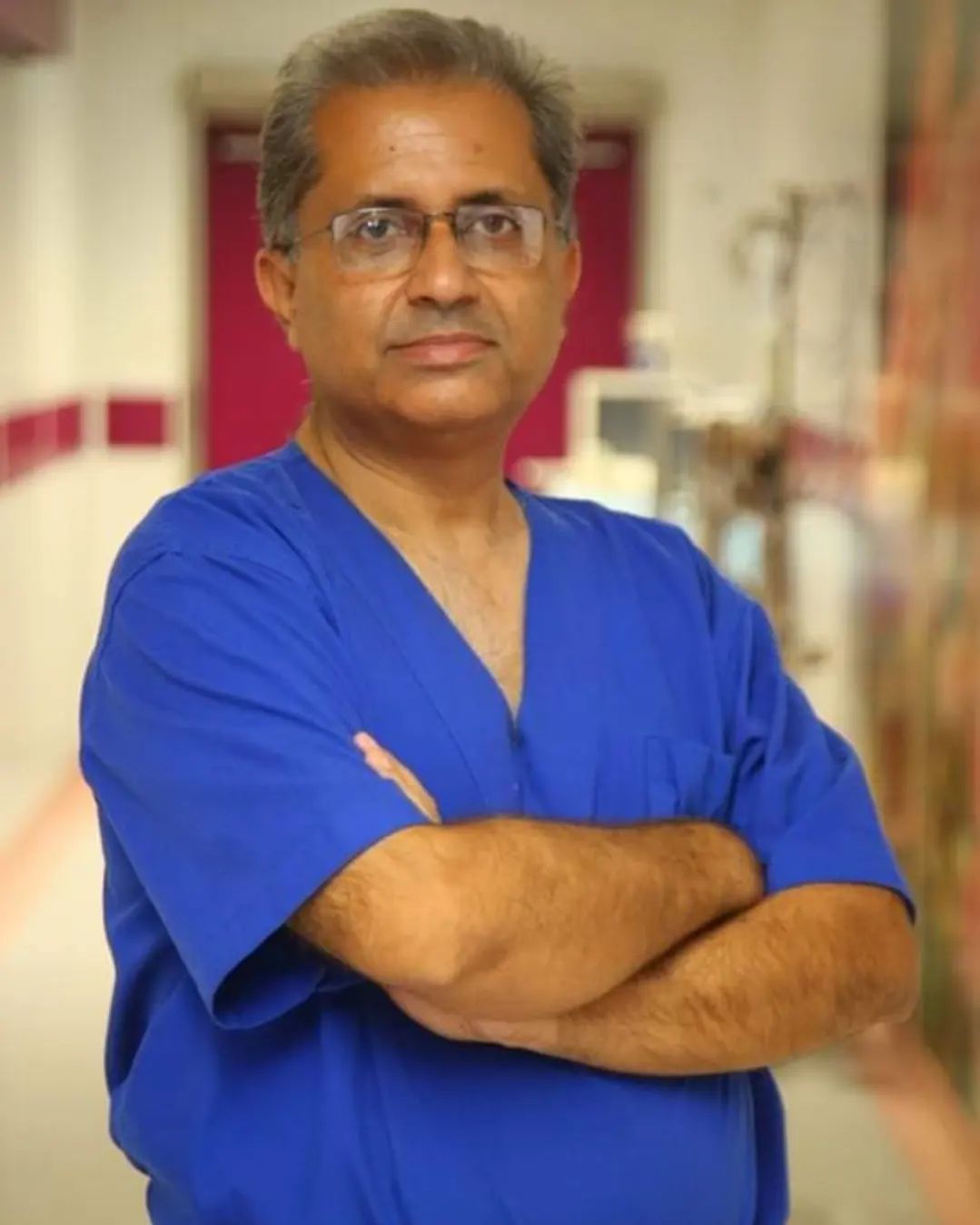Dr. VINEET MAHAJAN
In recent years, India has witnessed remarkable progress in the field of cardiac surgery, particularly in government hospitals. This transformation is owed in no small part to the concerted efforts of government organizations and health care leaders that have recognized the critical importance of accessible and high-quality cardiac care for the citizens of the country. As the Professor & Head of Cardiothoracic and Vascular Surgery at Rajendra Institute of Medical Sciences, Ranchi I am privileged to witness the positive impact of these initiatives first-hand.
Government organizations, guided by a commitment to public health, have played a pivotal role in the development of cardiac surgery. The concerted efforts of bodies such as the Ministry of Health and Family Welfare have led to the establishment of specialized cardiac units in government hospitals across the nation. This strategic expansion of healthcare infrastructure has been instrumental in bringing advanced surgical procedures closer to the people, especially in rural and underserved areas.
Political parties, recognizing healthcare as a fundamental right, have taken proactive measures to bolster cardiac care services in government hospitals. The allocation of resources and funding to upgrade medical facilities, procure state-of-the-art equipment, and train medical personnel demonstrates a collective commitment to addressing the burden of heart diseases in India.
The establishment of cardiac centres of excellence within government institutions showcases the transformational power of political will in healthcare policy. The impact of these initiatives is evident in the success stories emerging from various government hospitals. Complex cardiac surgeries that were once only available in private healthcare institutions are now being performed with precision and expertise in government-run facilities.


